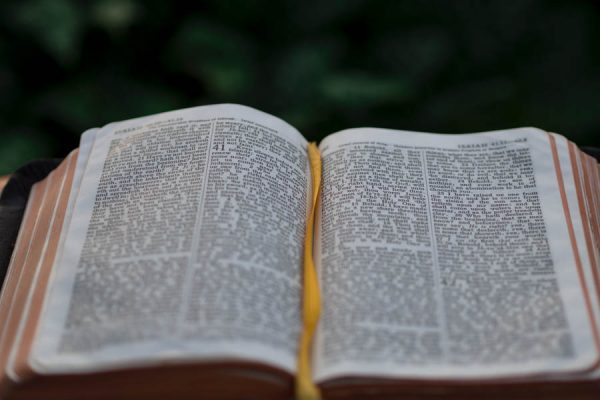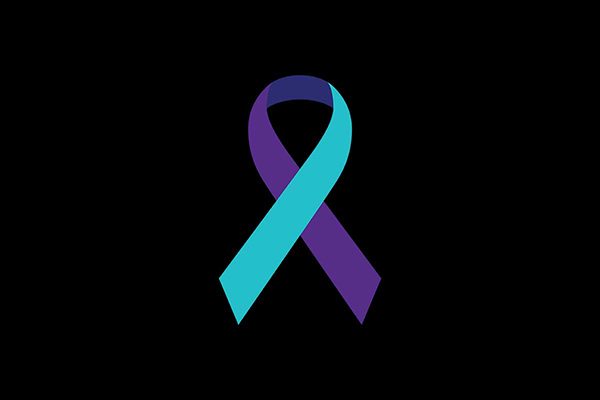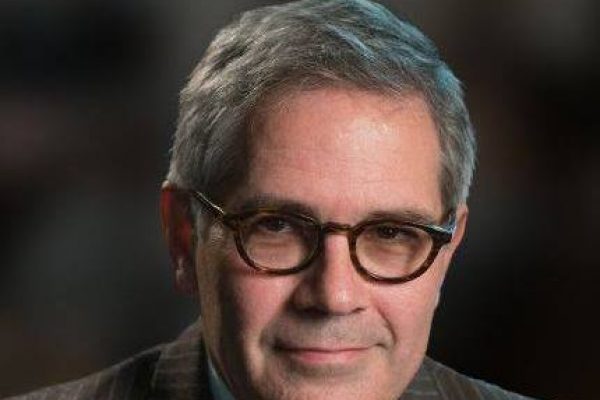Somewhere in the Riverwards there was a little boy named Oswald. Oswald was 5 years old when he wondered why his parents never let him play with the ordinary kids on the block. Oswald’s dad, Franny, a physician, had decided that he would not subject his only child to the uncertainty of the neighborhood. It was his contention that the neighborhood was filled with too many bad influences that could have an adverse effect on the destiny of the children who lived there.
Franny’s boy would not be exposed to renegade, rough, foul mouthed neighborhood rustics. That’s the term Franny used for them, rustics, or boys who rode their skateboards in parking lots late at night, boys without parental curfews and who sometimes thought it was way cool to go into Arby’s on Aramingo Avenue and yell bad words at the counter clerks. Franny was fond of saying that hooligans like this often turned into bad teenagers or high school dropouts and that some of them even became drug addicts who wound up as homeless panhandlers who slept under bridges and along Aramingo Avenue.
Franny was very determined that this would not happen to little Oswald. He and his wife, Jayne, were so committed to keeping Oswald safe that they drew up a safe zone chart with felt tip pens in which they identified suspect areas of the Riverwards where Oswald wasn’t to venture. While the one block radius around the family house was designated a go-zone, anything beyond that was forbidden territory unless Oswald asked for a parental escort. There would be no bike riding with neighborhood kids and no walking to the shopping center alone. Certain streets on the safe zone chart were also marked with big red X’s. This signified major no entry areas where bums hung out or where druggies went to nod off an afternoon or evening fix. Franny felt that too many people in the area were on some kind drug: Heroin, amphetamines, Xanax, Valium, crack cocaine, Percocet and oxycodone were so prevalent that even grandmothers were selling their prescription drugs to make ends meet.
When Oswald asked his parents to take him to remote areas of the Riverwards, his request was usually honored. Franny and Jayne, after all, wanted him to have some sense of the neighborhood even as they told friends they were keeping tabs on him for his own good, not out of a sense of meanness. They wanted Oswald to succeed in life but they also knew that meeting just one “wrong” friend could put him on a different path. They had seen this happen too many times to boys and girls in the neighborhood.
Another notation on the safe zone chart, done up in blue ink, was a commitment to putting Oswald in a good Quaker school rather than abandoning him to the anarchy and mayhem found in the rustic Philadelphia public school system, with its overcrowded classrooms filled with rowdy, uncivilized (and obnoxious) ragamuffins.
Oswald would be driven to his special school every morning and then driven back in the afternoon. Taking a Septa bus alone was not an option. Bad things can happen on buses: He’d hear bad language, meet ill-intentioned strangers or become a bully’s target. Oswald was encouraged to participate in school sports. Sports, Franny felt, would help squelch any teenage desire that might come along later, such as wanting to ride his bike alone without parental accompaniment.
Franny knew that bad things can happen even while riding a bike. What if a rustic attacked his son and tried to steal his bike? What if, what if….
Franny knew the neighborhood’s potential because as a kid he briefly fell under the spell of some bad kids. It was only through his mother’s determination that was he able to remove himself from this group and then go on to medical school.
Oswald’s chart showed bright red arrows pointing to the name of a nearby family. The boys in this family were chronic troublemakers: In and out of jail for numerous drug offenses and domestic violence, they’d also been booked for small felonies like stealing large boxes of candy bars from WAWA. They were predatory opportunists always looking to get over. Police squad cars visited the house regularly. It didn’t help that none of the sons worked but hid behind the generosity of desperate girlfriends. The smallest members of the family, the 3 and 4 years olds, had a habit of yelling “fuck off” to strangers.
Franny viewed the family as a warning to everyone that an upbringing like this could only have disastrous results. Many neighbors other than he and Jayne disliked how the toddlers were allowed to run the streets until midnight when everybody else was either asleep or going to sleep. “They’re going to be unmarried mothers by the time they’re fifteen, maybe even earlier,” he often said to Jayne.
When Oswald went for walks with his parents many neighbors would look at them and think to themselves how funny it was that this little boy always had an escort. Sometimes the neighbors would point: There goes the little boy who isn’t allowed to play with ordinary kids. Because Oswald had lived so long in a controlled environment, he looked pale and thin like the young Alexei Nikolaevich, heir apparent of the last Russian Imperial family.
The persistent shielding of Oswald from the realities of the neighborhood made him into a different sort of teenager. One feared what would happen to him if for some reason he was locked out of his house and had to make his way around the neighborhood alone. Would he know how to talk to the rustics? Would he be able to roll with the punches if confronted by a bully? As it was, he never had the experience of confronting or defending himself against a bully, which for some boys can be a good “rounding out” experience.
Suffice to say that Oswald was not streetwise, would never be streetwise, and that the isolation he experience growing up would give him a sense of being different and removed from everyone else.
Franny, because of his diverse upbringing, was streetwise to the core.
The older Oswald got the less the family would take walks together. Soon Oswald became like someone who had moved away or died. Older residents would reminisce: “Wasn’t there once a little boy who lived in that house who used to take walks with his parents?”
By the time Oswald went to college — of course it was to a school far, far away — he lost what little connection he had to the Riverwards. In fact, he could not even recall the face of a single neighbor.
Even as a grown up young adult, he was not aware that over time his parents’ rules had become second nature to him, so that he simply no desire to explore new places, meet new people or extend himself to others in any way because that sort of thing made him feel…unsafe.
He did, however, remember envying some of the rustics when he’d spot them from his father’s car. They’d be riding their bikes on the street unattended by a single adult with the wind blowing through their hair. His weak connection to the neighborhood also made it easy for him to move far away from the Riverwards after college graduation.
But he could only do that after a very lengthy consultation with his parents. “Where should I go,” he asked them, “how do I get the ball rolling?” He was afraid, he said, to come up with ideas on his own.
It was just too risky to do a thing like that without their help.





